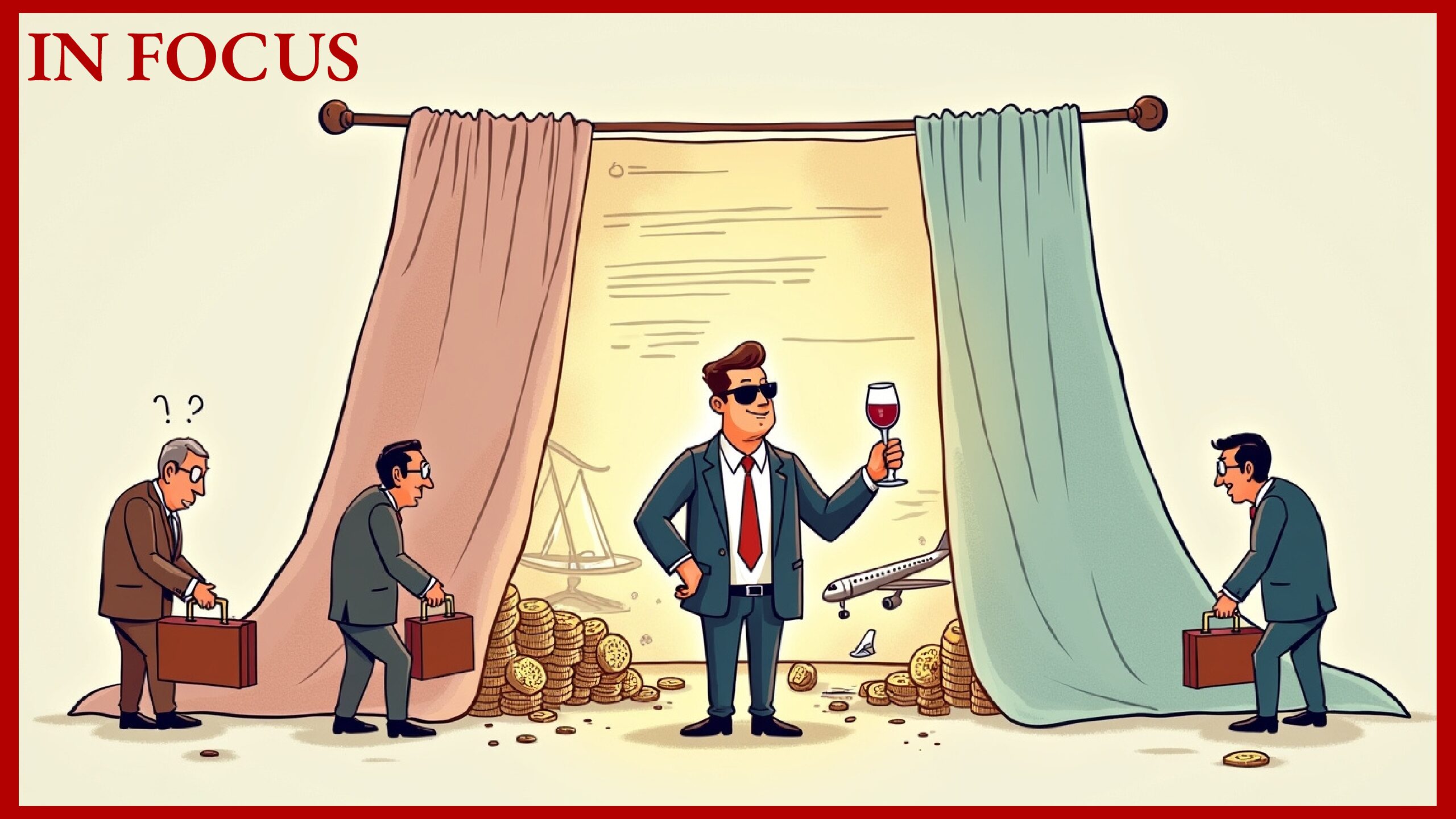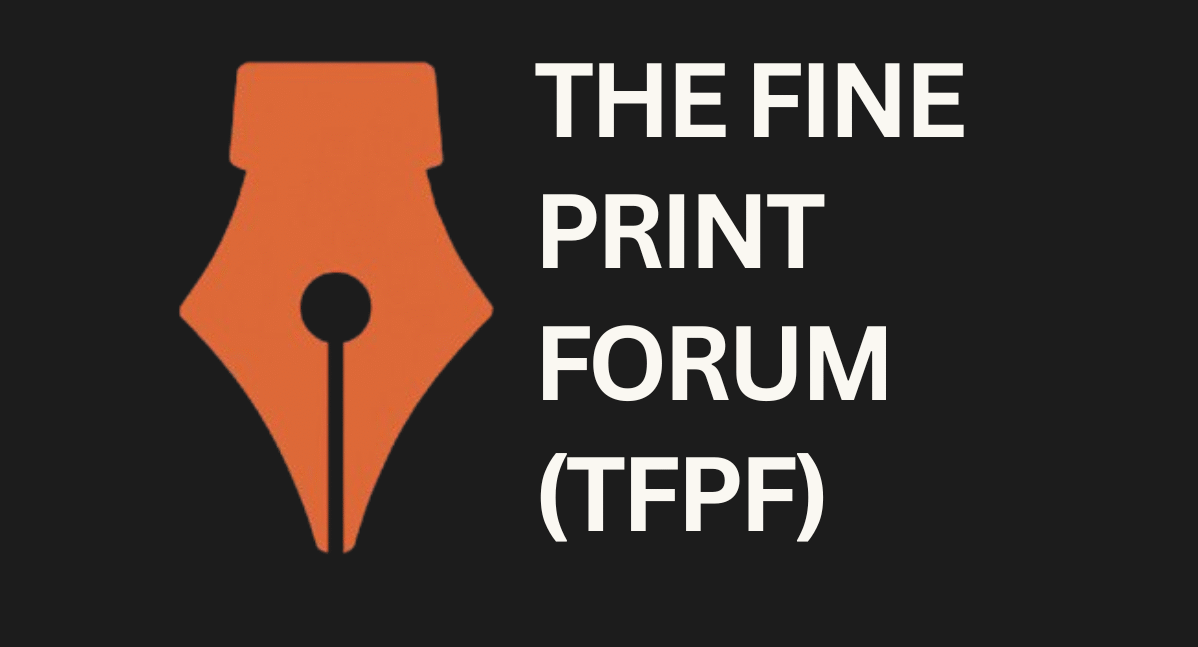The Curious Case of Vijay Mallya: Kingfisher, Guarantees & the Veil of Law

Last week, Raj Shamani dropped a bombshell of a podcast featuring an hour-long conversation with Vijay Mallya, the former business tycoon whose fall from grace has been a topic of extensive debate in Indian public discourse. Amidst reflections and rebuttals, Mr. Mallya made one particularly striking claim:
“Vijay Mallya has not borrowed a single rupee from anybody ever. Kingfisher Airlines, the company, borrowed; and I was the guarantor. There’s a big difference.”[1]
To the average listener, this may sound like clever evasion or mere semantics. However, from a commercial law standpoint, Mr. Mallya is invoking a fundamental principle of corporate law, the doctrine of separate legal personality, commonly referred to as the corporate veil. This raises important questions about what that concept truly entails, and why it is both technically valid and, in this case, potentially problematic.
WHAT IS THE CORPORATE VEIL?
At its core, a company is considered a legal person separate from its owners, directors, or shareholders. This principle, established in the landmark UK case Salomon v. Salomon & Co. Ltd.[2] allows entrepreneurs to take risks without putting their personal assets on the line. The company bears the liability, not the person.
Mr. Mallya, when stating that he never borrowed money personally but that Kingfisher Airlines did, is technically correct. As the promoter and director, he was not personally liable for the company’s loans, except where he signed personal guarantees, which he admits he did.
In legal terms, the corporate veil shields individuals from the liabilities of corporate actions. However, there is a critical caveat: courts can lift or pierce this veil when the corporate structure is abused to perpetrate fraud, evade legal obligations, or circumvent the law.
WHEN DOES THE VEIL GET PIERCED?
Courts in India and globally are generally reluctant to disregard the separate identity of a company. However, they are prepared to do so in cases involving:
- Fraud or misrepresentation
- Evasion of tax or legal obligations
- Matters of public interest or policy concerns
Indian jurisprudence, through cases like LIC v. Escorts Ltd.[3] and Delhi Development Authority v. Skipper Construction[4], has reaffirmed that when a company functions merely as a facade for illegal or unethical conduct, the shield of limited liability collapses.
This is precisely where Mr. Mallya’s situation becomes legally intricate. Although Kingfisher Airlines operated as a separate legal entity, allegations of willful default, misappropriation of funds, and diversion of loans have spurred legal efforts to hold him personally accountable. Indian courts have even applied the principle of reverse piercing, albeit in a less formalized manner, in situations where an individual’s actions are so deeply entwined with the company that the law extends liability across the corporate boundary.
CORPORATE VEIL OR CONVENIENT ESCAPE?
Mr. Mallya’s assertion aligns with the textbook theory of corporate law. Nevertheless, commercial law does not function solely on theoretical constructs but also on judicial interpretations of conduct. When an individual is the controlling mind behind a company, and that company is responsible for sinking billions in public money through mismanagement, or worse, courts are often compelled to examine the validity of maintaining that corporate separation.
In Mr. Mallya’s case, the Central Bureau of Investigation (CBI) and Enforcement Directorate (ED) contend that the loans were acquired through fraudulent means and subsequently siphoned off. These are grounds that may very well justify piercing the corporate veil. While it is legally correct to say that Kingfisher borrowed the money, the reality is that Mr. Mallya guaranteed those loans. If Kingfisher functioned merely as an extension of his personal will, the separation between Mr. Mallya and Kingfisher becomes less a legal reality and more a convenient legal fiction.
SYSTEMIC QUESTIONS: WHAT WERE THE BANKS DOING?
Another telling moment from the podcast was Mr. Mallya’s comment regarding the role of banks:
“…when I presented to various banks that the airlines needed money, including the SBI, they would recognise it, appraise them correctly… and sanction loans, even though the creditworthiness of the airlines was short of the norms.”
This statement highlights a glaring systemic flaw in the banking sector, particularly in consortium lending. It raises pertinent questions: Why were rigorous due diligence protocols not followed? Why were evident red flags overlooked?
From a legal and policy standpoint, this brings forth the need for enhanced statutory safeguards. Possible measures could include mandatory government-auditor reviews for consortium loans beyond a certain threshold, or the introduction of stricter independent assessments before banks approve high-risk loans to distressed companies.
MEDIA TRIALS: THE OTHER SIDE OF THE VEIL
Mr. Mallya also criticized what he described as a media-driven narrative, allegedly shaped by government statements and relentless press coverage. This introduces another layer of complexity, the phenomenon of media trials and their impact on public perception and the right to a fair trial.
Indian courts have repeatedly denounced media trials for undermining judicial processes, as seen in cases like Sahara v. SEBI.[5] Nonetheless, the reality remains that public figures, especially those implicated in cases involving public funds, inevitably come under intense media scrutiny. From a legal education perspective, it is essential to distinguish between public outrage and legal accountability. Ultimately, it is the facts and evidence that must prevail over public narratives.
FINAL THOUGHTS: LAW, LOOPHOLES & LESSONS
At first glance, Mr. Mallya’s arguments may appear to be an exercise in exploiting legal technicalities. Yet, commercial law does not operate in isolation from real-world consequences. It evolves precisely through the attempts of individuals and entities to navigate, or at times, manipulate, its boundaries. This case, along with Mr. Mallya’s public defence, serves as a stark reminder that the corporate veil is not an impenetrable shield. Rather, it is a fragile and often transparent boundary, scrutinized by courts, regulators, and society alike.
[1] Raj Shamani, Vijay Mallya Breaks Silence on Kingfisher Collapse, SBI Loans & His Side of the Story | FO #174, YOUTUBE (June 21, 2024), https://www.youtube.com/watch?v=MdeQMVBuGgY.
[2] Salomon v. Salomon & Co. Ltd., [1897] A.C. 22 (H.L.).
[3] Life Insurance Corporation of India v. Escorts Ltd., (1986) 1 SCC 264.
[4] Delhi Dev. Auth. v. Skipper Constr. Co. (P) Ltd., (1996) 4 SCC 622.
[5] Sahara India Real Estate Corp. Ltd. v. SEBI, (2012) 10 SCC 603.
